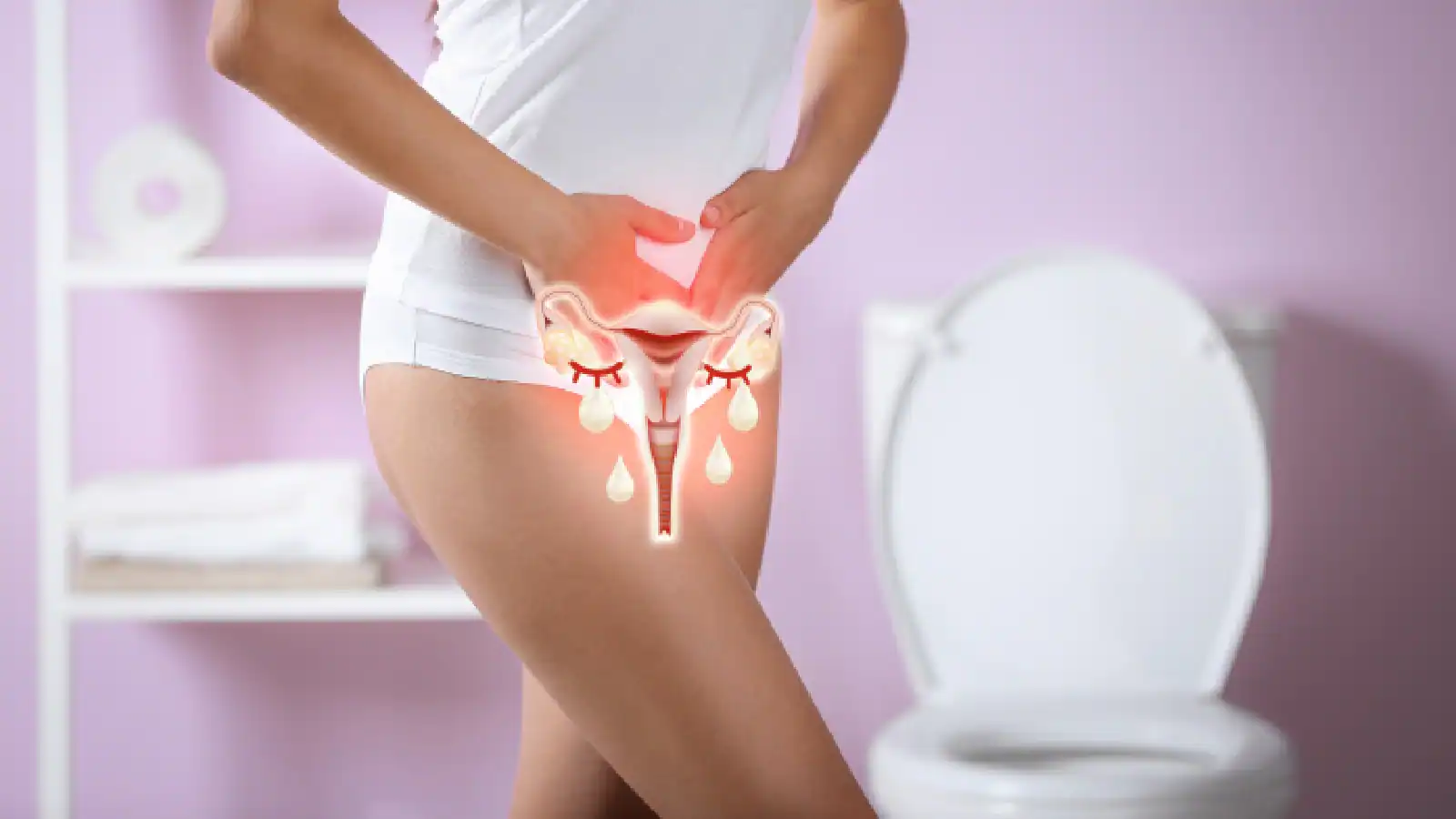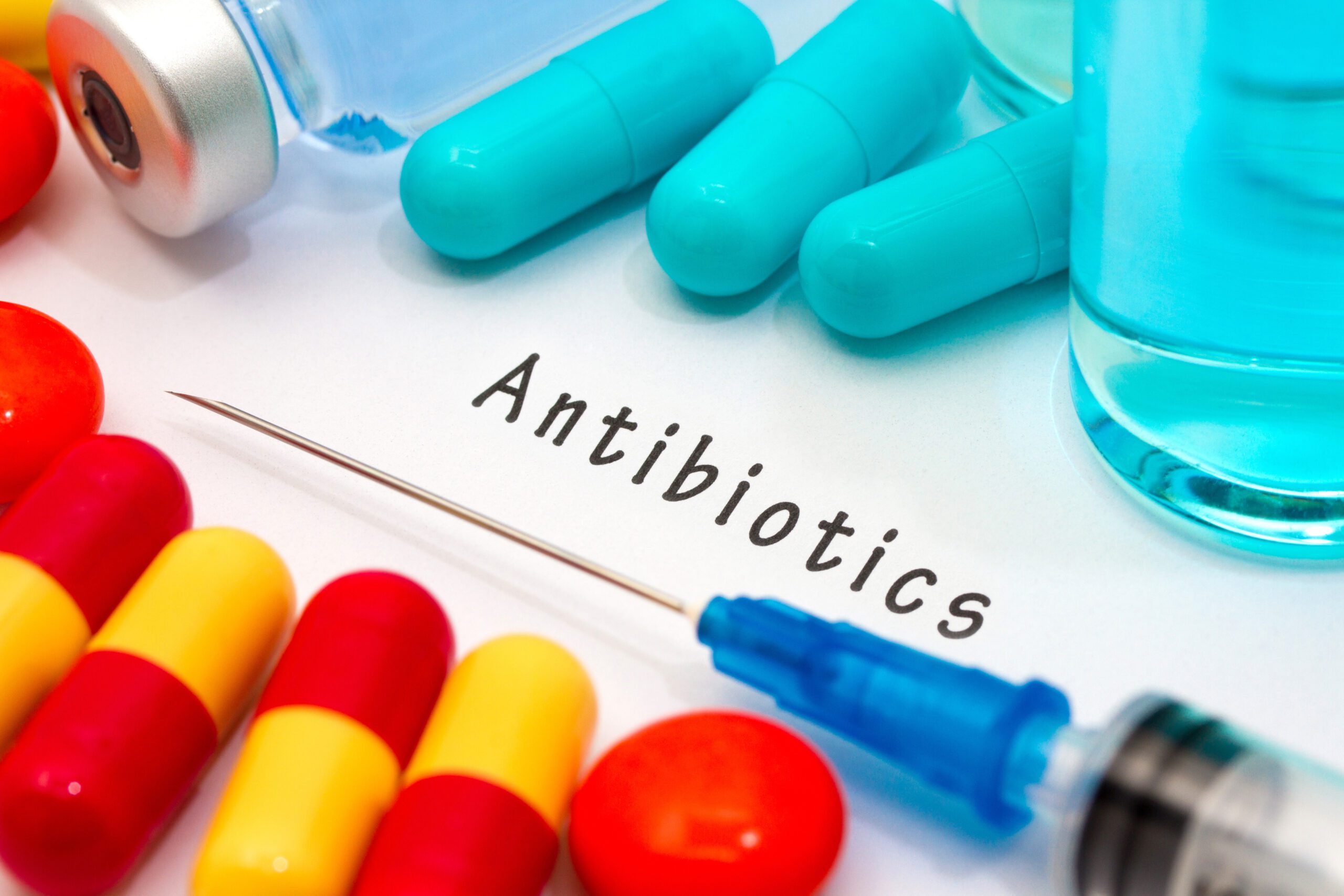Maintaining vaginal health is essential for overall well-being, yet many women unknowingly engage in daily habits that can disrupt the delicate balance of their intimate area.
These seemingly harmless routines may lead to infections, discomfort, or long-term complications. Here’s a breakdown of common habits to watch out for – and how to make healthier choices.
1. Using Harsh Soaps or Douches

The vagina is naturally self-cleaning, thanks to beneficial bacteria that maintain its pH balance. Using strong soaps, scented products, or douches can disrupt this ecosystem, leading to irritation, odor, or infections.
Healthy swap: Clean only the outer area (vulva) with warm water and a mild, unscented soap. Avoid internal cleansing altogether.
2. Ignoring Unusual Symptoms
Pain during intercourse, abnormal discharge, itching, or bleeding outside your menstrual cycle should never be brushed off. These symptoms may signal infections, hormonal imbalances, or conditions like endometriosis or pelvic inflammatory disease.
What to do: If something feels off, consult a healthcare provider promptly.
3. Using Old or Scented Pads/Tampons
Leaving tampons or pads in for too long increases the risk of infections, including toxic shock syndrome. Scented products can also irritate sensitive skin. Best practice: Change tampons and pads regularly, and opt for unscented, breathable products.
Best practice: Change tampons and pads regularly, and opt for unscented, breathable products.
4. Skipping Regular Pelvic Exams
Routine gynecological checkups are vital for detecting issues early—such as infections, fibroids, or even cervical cancer.
Reminder: Don’t wait for symptoms. Make annual pelvic exams a priority.
5. Wearing Tight or Synthetic Underwear
Synthetic fabrics and tight clothing trap heat and moisture, creating an ideal environment for yeast and bacteria to thrive.
Better choice: Choose breathable cotton underwear and avoid staying in tight gym clothes for extended periods.
6. Not Using Protection During Sex
Unprotected sex increases the risk of sexually transmitted infections (STIs), which can lead to chronic pain or infertility if untreated.
Protect yourself: Use condoms consistently and get regular STI screenings if you’re sexually active.
7. Overusing Antibiotics

Frequent or unnecessary antibiotic use can kill beneficial bacteria in the vagina, making you more susceptible to yeast infections.
Tip: Only take antibiotics when prescribed, and consider probiotics to help restore balance.
8. Not Staying Hydrated
Hydration affects more than just your skin – it also supports vaginal tissue health and natural lubrication.
Stay hydrated: Drink plenty of water daily to keep your intimate area comfortable and healthy.
Conclusion
Your vaginal health deserves just as much attention as any other part of your body. If you make small, informed changes to your daily habits, you can prevent discomfort and protect your long-term reproductive health.
When in doubt, always consult a medical professional – your body will thank you.
